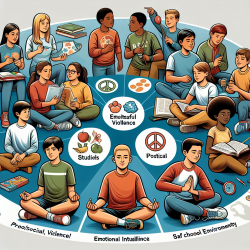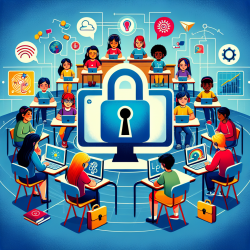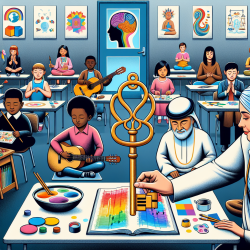Adolescence is a transformative stage characterized by significant physical, psychological, and social changes. These changes can lead to both positive and negative behaviors in young people. Research has shown that promoting prosocial behaviors and developing emotional intelligence during this critical period can significantly influence adolescents' well-being and lifestyle choices.
The Power of Prosocial Behaviors
Prosocial behaviors are voluntary actions intended to benefit others, such as sharing, helping, and showing empathy. These behaviors are linked to positive interpersonal relationships and personal well-being. Engaging in prosocial activities can enhance adolescents' mood and decrease feelings of depression.
- Mood Enhancement: Participating in prosocial acts can improve mood and is particularly beneficial for adolescents experiencing depression.
- Social Skills Development: Activities like sports promote prosocial values, moral development, and reduce stress and aggression.
- Reduced Substance Use: Prosocial adolescents tend to have lower rates of alcohol and tobacco use.
The Impact of Emotional Intelligence
Emotional intelligence refers to the ability to understand, perceive, use, and regulate emotions. Adolescents with high emotional intelligence tend to have better psychological adjustment, higher self-esteem, and greater life satisfaction.
- Psycho-social Adjustment: High emotional intelligence is associated with less depression and greater life satisfaction.
- A Protective Factor: Emotional intelligence helps foster interpersonal relationships and acts as a protective factor against school violence.
- Mediating Substance Use: Emotional intelligence can mediate substance use behaviors such as alcohol consumption.
Implementing Research Findings in Practice
The research by González Moreno et al. highlights the importance of promoting prosocial behaviors and emotional intelligence in adolescents. Here are some practical strategies for educators and practitioners:
- Create Supportive Environments: Develop programs that encourage empathy, respect, social relationships, and leadership among students.
- Cultivate Emotional Skills: Implement curricula that focus on emotional awareness and regulation skills to help students manage their emotions effectively.
- Promote Healthy Lifestyles: Encourage activities that support healthy eating habits, physical activity, and respect for mealtimes.
The Role of Educators
Educators play a crucial role in fostering these skills among students. By integrating these elements into daily interactions and curricula, educators can help reduce school violence and substance use while promoting healthier lifestyles.
The Need for Further Research
This research provides a foundation for understanding the impact of prosocial behaviors and emotional intelligence on adolescent development. However, further studies are needed to explore the complex dynamics between these factors and other environmental influences such as family and community settings.










